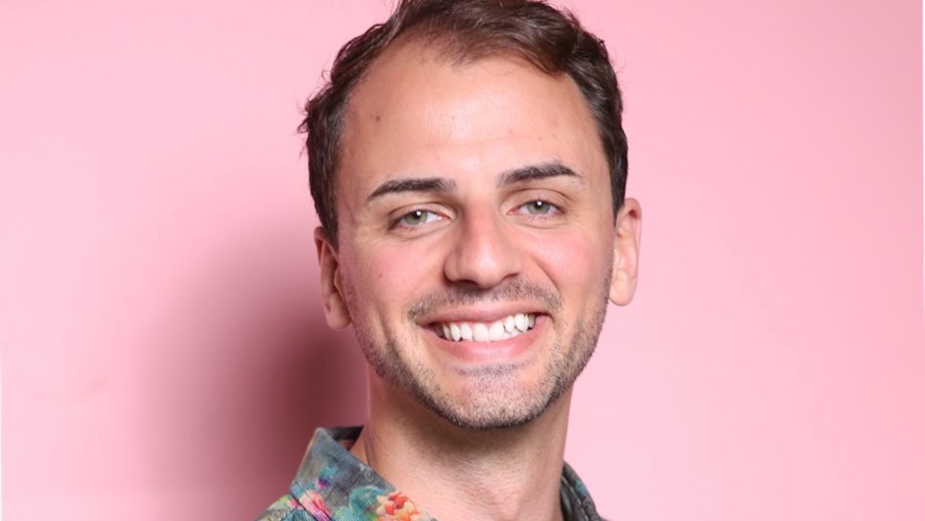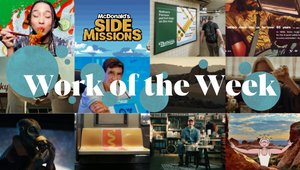
Why the CMO Should Try Not to Know Something for as Long as Possible

There’s a lesser-known concept in behavioural science known as ‘Cognitive Closure’. It’s essentially the idea that people differ on how comfortable they feel in not knowing the answer to a question, which directly impacts how long they are willing to think about it.
So, some people (creative types) will happily not know the answer to a question for a very long period of time. They delight in exploring multiples avenues and mentally sauntering around endless opportunities. They feel no discomfort at the lack of progress towards an answer … but they come up with more creative and impactful solutions as a result. The great detectives like Sherlock Holmes and Poirot equally have high Cognitive Closure - they delight in the process of thinking.
Whereas other people when given a complex problem to solve have a much different experience. They’re anxious that perhaps they may never solve the problem and are deeply uncomfortable at any point before their decision is made. As a result, they knee jerk to typical and expected answers, and shortcut their thinking. At a societal level, people with low Cognitive Closure will take big issues such as immigration and very quickly blame one factor only (such as the migrants themselves) rather than on the multiple factors at play. They’ll look at issues with equal pay and look for ‘one cause’ very quickly and then happily put the issue to bed in their head.
Crucially, research shows that the busier and more overloaded you become, our stamina for not knowing decreases and we default towards making these faster and less thought through decisions, which is a real problem in a world where CMO’s are drinking through the fire hose on what they must be on top of.
The world is in an incredibly messy state. From cost of living to war affected supply chains, to artificial intelligence, to automation, to branding debates on the long and short tail or marketing, to tech stacks, the cognitive demand on the CMO has never been greater. And the research shows that the greater demands put on each CMO and marketing leader has an inverse relationship with the levels of creativity and effectiveness of their thinking. But luckily Behavioural Science has some answers!
Reduce task switching. CMO’s can benefit from the scientific research by defining one challenge at a time and going deep rather than dipping lightly into many topics per day. Don’t mix your immersion into AI with your cost of living update.
Stop comparing to stop despairing. Compare your knowledge to what you knew yesterday and not what (you think) everybody else knows today. Feeling rushed or behind in learning about our messy world is only going to reduce your Cognitive Closure and your stamina to think about topics in detail. Focus on you and grow at the pace you can.
Enjoy it. Pretend if you need to at first but remember that Sherlock and Poirot do enjoy the act of learning and problem solving. Even though the killer may still be loose (ie their deadline), worrying about that will only reduce the quality of your thinking which will ultimately reduce your impact.
With huge disruptions coming from AI, the overload on our CMO’s and marketing leaders is only looking like it will increase over coming years, and so it’s critical we understand how our brains work so we can stem a dramatic reduction in the quality of decision making as our comfort with ‘not knowing’ gets even lower.
This year’s Nudgestock festival will be yet another haven of free thinking and a safe space to 'not know', as the audience witness some of the planets boldest thinkers unpack our messy world and how marketing can thrive in it with creativity at its heart.
Limited tickets are still available for the festival on Friday 7th July from this site.















